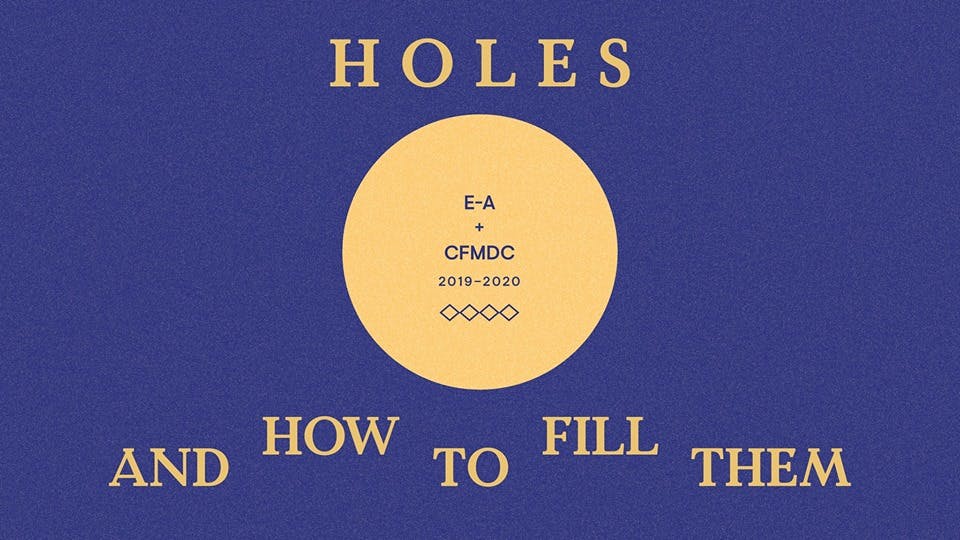
Reflections of a Real-Life Feminist Killjoy
7:00 PM— 9:00 PM
Can we pay attention to generational anger as a recurrent sign of shifts in feminist thinking? Join EMILIA-AMALIA for a second look at the second wave with a screening of “Jill Johnston: October 1975” (1977) and an out-loud reading group that discusses Kyla Wazana Tompkins’s essay, “Reflections of a Real-Life Feminist Killjoy: Ball-Busters and the Recurring Trauma of Intergenerational Queer-Feminist Life” published in Inside Killjoy’s Kastle: Dykey Ghosts, Feminist Monsters, and Other Lesbian Hauntings (2019).
Can we pay attention to generational anger as a recurrent sign of shifts in feminist thinking? Join EMILIA-AMALIA for a second look at the second wave with a screening of “Jill Johnston: October 1975” (1977) and an out-loud reading group that discusses Kyla Wazana Tompkins’s essay, “Reflections of a Real-Life Feminist Killjoy: Ball-Busters and the Recurring Trauma of Intergenerational Queer-Feminist Life” published in Inside Killjoy’s Kastle: Dykey Ghosts, Feminist Monsters, and Other Lesbian Hauntings (2019).
Reflecting on moments of wilful forgetting in feminist intergenerational knowledge transfer, this workshop will consider the impact of previous feminist movements on the present, and what it means to return to the past through the filmic archive.
A screening of a film made by Tompkins’s mother, Lydia Wazana, and Kay Armatage titled “Jill Johnston: October 1975” (30 min), chronicles lesbian writer, journalist, and dance critic Jill Johnston’s trip to give a lecture at the University of Toronto. This will be followed by an out-loud group reading of Tompkins’s essay examining the ongoing resonance of this past into the present. Elements of feminist and queer pasts were terrible and inexcusable, and they also built foundations for feminist and queer possibilities for the future. As Tompkins asks, “Is it possible to hold all of those things at the same time?”
This is the final event in our year-long programming arc with CFMDC, HOLES AND HOW TO FILL THEM, which explores historical gaps, omissions, and strategies of refusal and withdrawal as modes of feminist praxis.
Copies of the reading will be provided on site; no preparation or pre-reading is required. This event is free but requires registration; please RSVP.
